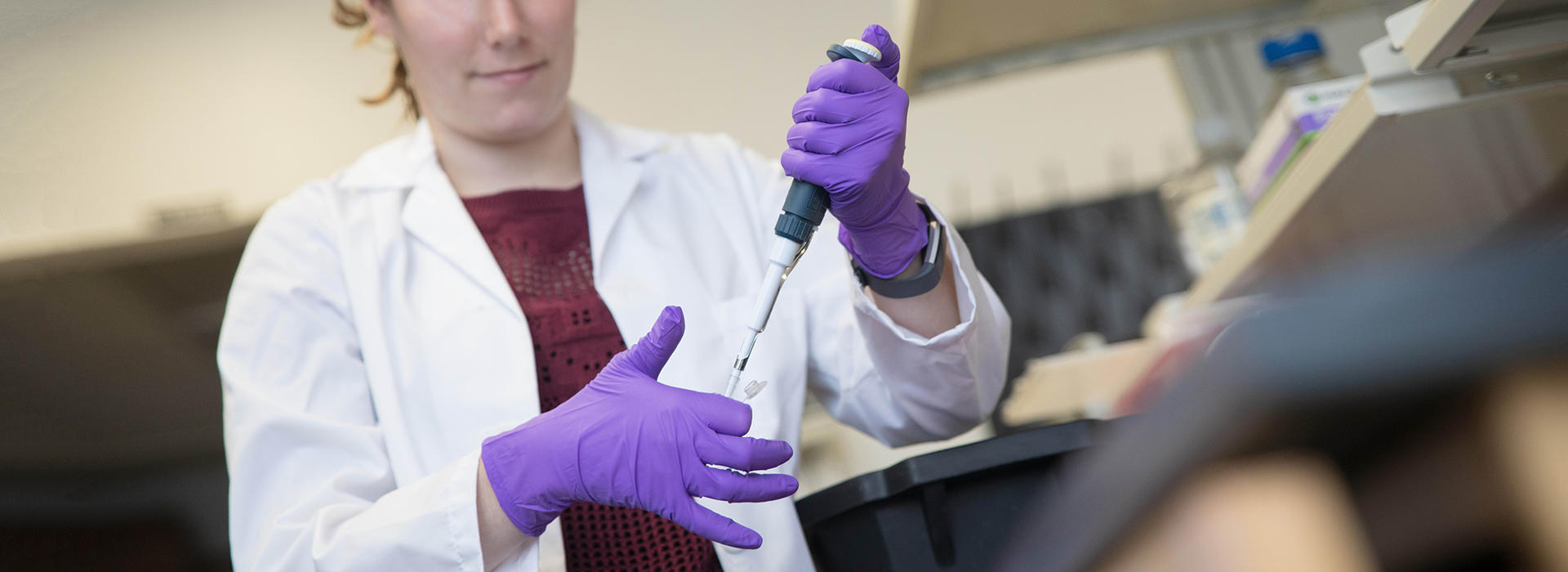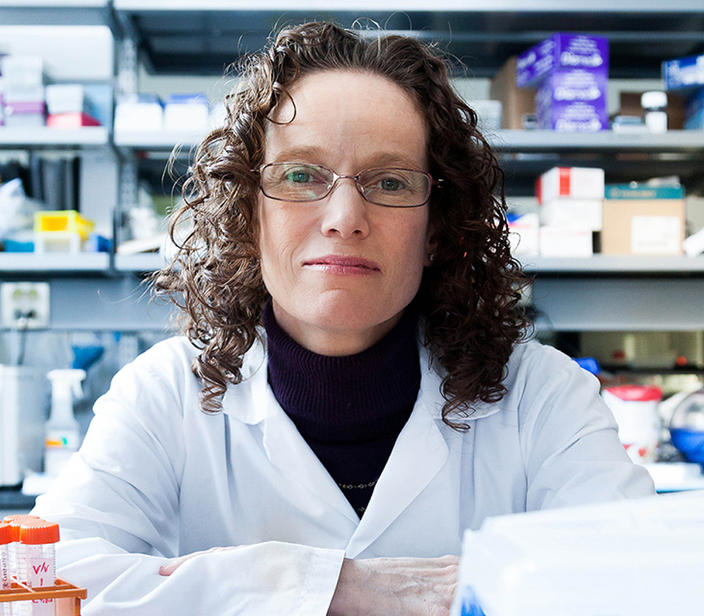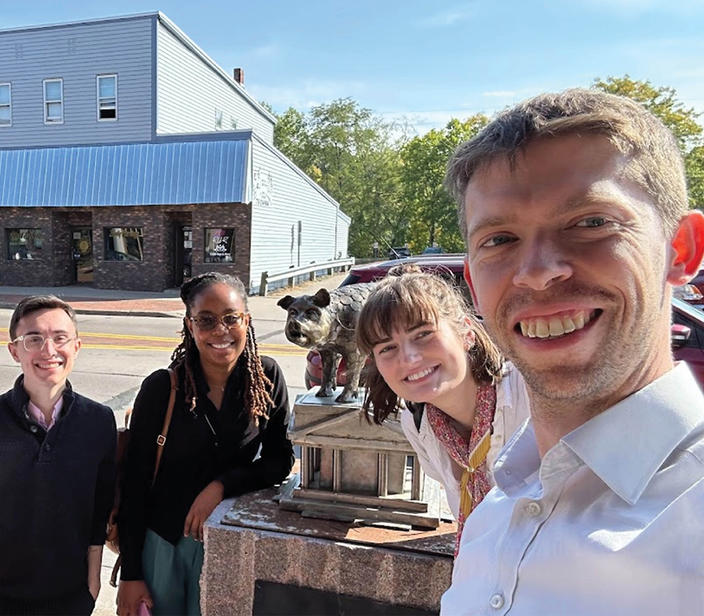
Research
Research That Shapes Our Field
The Department of Anesthesiology at the University of Minnesota has a long history of pioneering research. With the appointment of Dr. Michael Wall in 2013 and Dr. Michael Todd in 2016, the department has renewed its commitment to “all things academic.” This includes clinical research, data-driven quality improvement initiatives and laboratory science. In the past 5 years, we have seen a striking increase in activity in all three of these areas. We have constructed a robust infrastructure to support all of these activities, with research coordinators, grant-management, data analysis, a statistician and more.
Michael Todd, MD
Professor & Vice Chair of Research
mmtodd@umn.edu
612-626-4551
Candace Nelson
Clinical Research Manager
nelso377@umn.edu
612-626-2465

